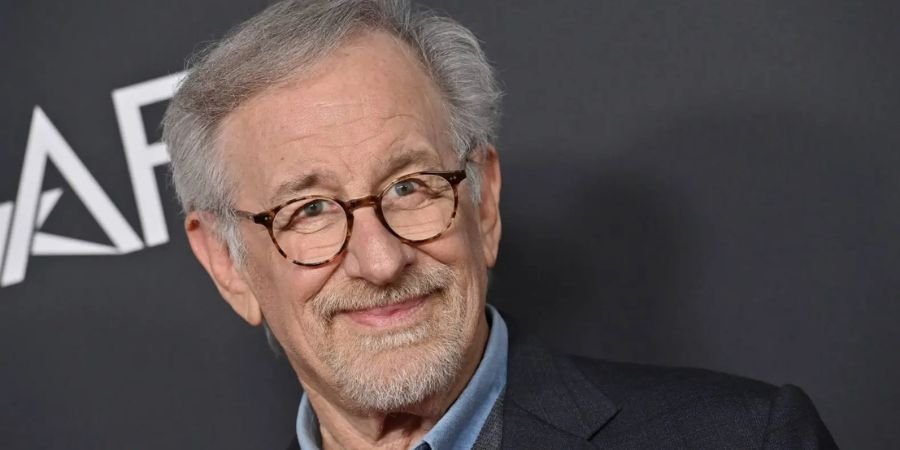Steven Spielberg is a name synonymous with cinematic excellence and storytelling innovation. His journey from a passionate young filmmaker to one of the most influential figures in Hollywood is a testament to the power of determination, creativity, and resilience. In this blog, we will explore the success story of Steven Spielberg, highlighting the milestones that have defined his illustrious career.
Early Passion for Filmmaking
Steven Spielberg’s journey into the world of cinema began in his childhood, nurtured by an early fascination with movies. Born on December 18, 1946, in Cincinnati, Ohio, Spielberg was captivated by the storytelling power of film from a young age. He started making amateur films with a Super 8 camera he received as a boy. These early experiments laid the foundation for his storytelling skills and his relentless pursuit of filmmaking.
Breaking into Hollywood
Spielberg’s entry into Hollywood was not without its challenges. Despite facing rejections from film schools, his perseverance never waned. His first significant break came with the short film “Amblin’,” which he wrote and directed in 1968. The film caught the attention of Universal Studios, leading to a seven-year directing contract. This opportunity marked the beginning of Spielberg’s professional career and set the stage for his future successes.
The Rise to Prominence
Spielberg’s early works showcased his ability to connect with audiences through powerful narratives and innovative techniques. His big break came with “Jaws” in 1975, a thriller that redefined the summer blockbuster and showcased Spielberg’s talent for creating tension and excitement. This success was followed by a series of hits, including “Close Encounters of the Third Kind” (1977) and “E.T. the Extra-Terrestrial” (1982), films that combined human emotion with fantastical elements, earning Spielberg critical acclaim and a devoted following.
Versatility and Achievements
One of Spielberg’s defining traits is his versatility. He has masterfully directed films across various genres, from the action-packed “Indiana Jones” series to the poignant “Schindler’s List” (1993) and the gripping “Saving Private Ryan” (1998). Spielberg’s ability to tackle diverse themes with sensitivity and depth has earned him numerous awards, including three Academy Awards. “Schindler’s List,” a harrowing depiction of the Holocaust, is often cited as one of the most important films of the 20th century, showcasing Spielberg’s capacity to handle profound subjects with artistry and empathy.
Innovation and Legacy
Beyond his directorial achievements, Spielberg has been a driving force in advancing film technology and storytelling. He co-founded DreamWorks Studios in 1994, which has produced numerous acclaimed films and innovations in animation and visual effects. Spielberg’s keen eye for talent and storytelling has also made him a mentor to many filmmakers, further solidifying his impact on the industry.
Philanthropy and Beyond
Spielberg’s success story transcends his cinematic achievements. He is also known for his philanthropy, particularly in education and the arts. His commitment to social issues is reflected in his work with the Shoah Foundation, which he established to preserve the testimonies of Holocaust survivors. Through his films and charitable work, Spielberg has demonstrated a deep commitment to making a positive impact on the world.
Conclusion
Steven Spielberg’s success story is a narrative of passion, perseverance, and innovation. From his early days as an amateur filmmaker to his status as a Hollywood legend, Spielberg has continually pushed the boundaries of what is possible in cinema. His films not only entertain but also challenge, inspire, and provoke thought, leaving an indelible mark on the hearts and minds of audiences worldwide. As we look back on his remarkable career, it’s clear that Spielberg’s legacy will continue to influence filmmakers and moviegoers for generations to come.














